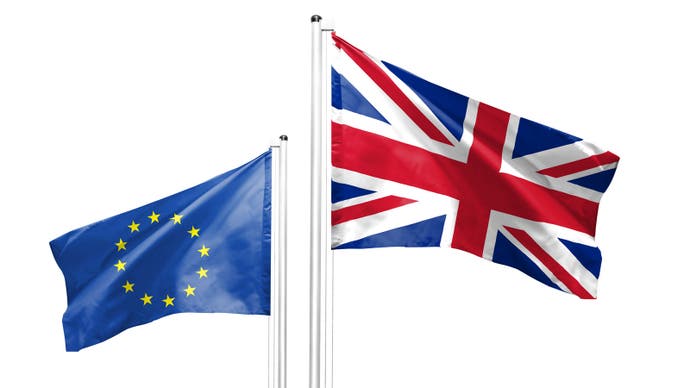UK MPs grill regulator over Microsoft Activision Blizzard deal block, day after EU grants approval
"There are questions over whether the UK is open for business."
The UK Competition and Markets Authority has defended its decision to block Microsoft's $68.7bn Activision Blizzard buyout, as part of a grilling by MPs today.
CMA bosses Marcus Bokkerink and Sarah Cardell faced repeated questions from the UK government's Business and Trade Committee this morning relating to the decision, just a day after the European Commission voted to approve the deal in the EU.
MPs asked the CMA to explain why it had reached a different decision on the deal to its European counterpart, and repeatedly questioned whether the CMA had considered the effects of blocking a deal like this on the UK's international reputation.
"I understand the inference - that when a decision is made that blocks a deal, there are questions over whether the UK is open for business," CMA chair Marcus Bokkerink replied. "All businesses know there's a very big difference between building a business, investing in a new business, investing in a startup, creating a new business - there's a big difference between that and buying an already-established, well-established firm with established positions. The two are not the same.
"The UK has always encouraged - and it is the CMA's duty to encourage - open competitive markets. We are vigilant - as it is our duty to be - to investments that consolidate an already-entrenched market power.
"I would challenge the premise that there is an impact on international confidence on doing business in the UK."
"I would challenge the premise that there is an impact on international confidence on doing business in the UK," Bokkerink continued, suggesting that it would conversely not inspire confidence if the UK was seen to be "turning a blind eye to anti-competitive mergers".
The CMA's decision to block the deal has repeatedly spilt over into the political arena, as both Microsoft and Activision Blizzard bosses have criticised the UK's stance on the deal as being bad for business, and a signal the UK is less welcoming for firms post-Brexit compared to mainland Europe.
The EU's decision this week has re-opened that debate anew - and a potential source of further discomfort for UK prime minister Rishi Sunak and chancellor Jeremy Hunt, who previously said they wanted the UK to be seen as the Silicon Valley of Europe.
When questioned by the Business and Trade Committee on why the CMA had come to a different conclusion to the European Commission, CMA exec Sarah Cardell said the difference lay in the CMA's refusal to accept Microsoft's suggested remedy of a 10-year deal to safeguard the emerging cloud gaming market.
"The [European] Commission agreed the deal would give rise to competition concerns, there's no difference between the CMA and EC there," Cardell told MPs, "but the Commission has however concluded it appropriate to accept [Microsoft's] remedy.
"They have their own test to apply and they've reached their own view, and they're fully entitled to reach that view. But we remain of the view, from a UK perspective, that it was not appropriate to accept that remedy."
Cardell also reminded MPs of the deal's current position in the US, where the Federal Trade Commission is still looking to block the deal through the courts.
Prior to the CMA announcing its decision to block the deal, Activision Blizzard's controversial boss Bobby Kotick criticised regulators for not knowing the video games industry, and being "a little bit confused as to where competition is today".
The deal being blocked in the UK specifically would also cause the country to suffer, Kotick warned.
"Rishi Sunak has said they'd like to be the Silicon Valley of Europe or of the continent," he said, "and if deals like this can't get through, they're not going to be Silicon Valley, they'll be Death Valley."
After the CMA's block was announced, Microsoft president Brad Smith described the decision as "probably the darkest day in our four decades in Britain".
"There's a clear message here - the European Union is a more attractive place to start a business than the United Kingdom," Smith said, adding that the "English Channel has never seemed wider".
"Those sorts of claims are not borne out by the facts," a spokesperson for UK Prime Minister Rishi Sunak said in response.
Microsoft now faces the difficult task of appealing the CMA's decision, something which will likely take the rest of the year - if not longer.



